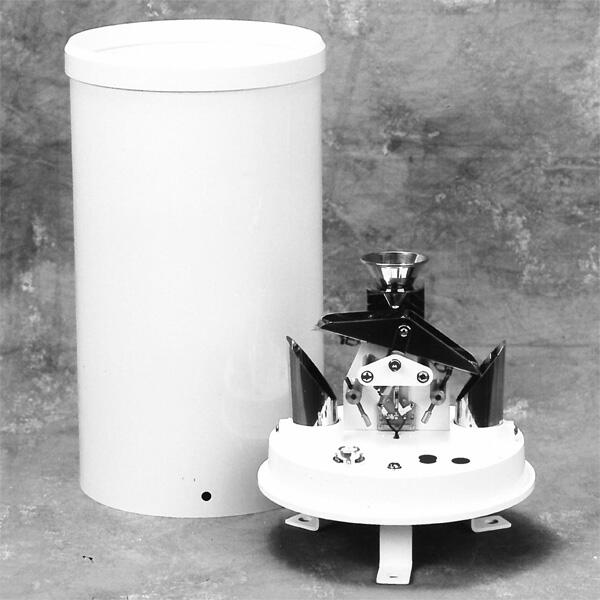
# 10 Practical Applications of Rain Gauges in Everyday Life
Rain gauges are simple yet essential tools used to measure the amount of precipitation over a specific period. While they are commonly associated with meteorology, their applications extend far beyond weather forecasting. Here are 10 practical uses of rain gauges in everyday life:
## 1. Agriculture and Irrigation Management
Farmers rely on rain gauges to monitor rainfall and determine the need for irrigation. Accurate precipitation data helps optimize water usage, ensuring crops receive the right amount of water for healthy growth.
## 2. Flood Prediction and Prevention
Rain gauges play a crucial role in flood monitoring systems. By tracking rainfall intensity and accumulation, authorities can issue timely warnings and implement preventive measures to minimize flood damage.
## 3. Urban Planning and Drainage Design
City planners use rain gauge data to design efficient drainage systems. Understanding local rainfall patterns helps create infrastructure that can handle heavy downpours, reducing the risk of urban flooding.
## 4. Water Resource Management
Rain gauges provide valuable data for managing water resources. This information is essential for maintaining reservoirs, planning water distribution, and ensuring sustainable water usage in communities.
## 5. Gardening and Landscaping
Home gardeners and landscapers use rain gauges to monitor natural watering. This helps them adjust their watering schedules, conserve water, and maintain healthy plants without overwatering.
## 6. Construction Site Monitoring
Construction projects often use rain gauges to track weather conditions. This information helps project managers plan work schedules, protect materials, and ensure worker safety during adverse weather.
## 7. Climate Change Research
Scientists use long-term rain gauge data to study climate patterns and monitor changes in precipitation. This information is crucial for understanding and predicting the impacts of climate change.
## 8. Sports Field Maintenance
Groundskeepers for sports fields and golf courses use rain gauges to determine irrigation needs and assess playing conditions. This helps maintain optimal turf quality and player safety.
## 9. Insurance Claims and Risk Assessment
Insurance companies use rain gauge data to assess weather-related damage claims. This information helps determine the validity of claims and calculate appropriate compensation for policyholders.
## 10. Education and Citizen Science
Rain gauges are valuable tools in educational settings, helping students understand weather patterns and the water cycle. They also enable citizen scientists to contribute valuable precipitation data to larger meteorological studies.
From agriculture to urban planning, and from education to climate research, rain gauges play a vital role in various aspects of our daily lives. Their simple design belies their importance in helping us understand and manage our environment more effectively. By providing accurate precipitation data, these unassuming instruments contribute significantly to our ability to make informed decisions in numerous fields.
Keyword: 10 uses of rain gauge